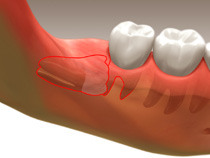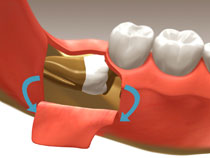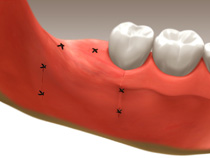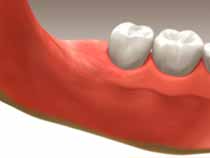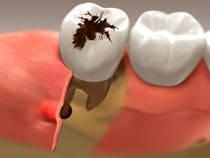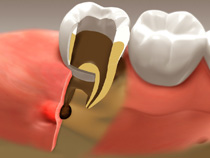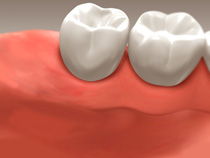A massage for April Oral Health Month by The Honorable Jean-Yves Duclos, P.C., M.P.
“Oral health month is a perfect opportunity to remind ourselves that the health of our teeth and gums can affect our overall health and well-being. Oral health is just as important as healthy eating, being active, and not using tobacco when it comes to preventing chronic diseases. Having poor oral health can contribute to serious health issues such as diabetes, respiratory, cardiovascular and brain diseases, as well as cancer. The importance of good oral health is reflected in the fact that, last month, the Government of Canada announced a commitment to a national dental care program for Canadians.
This April, you can use Oral Health Month as a reminder to book your next visit with an oral health professional and to thank them for all that they do for your health.”
Tips for your Oral Health:
Daily brushing and flossing are essential for keeping your teeth healthy. Make sure to brush twice a day, for two minutes each time, and floss at least once a day. To make sure you’re doing it correctly, have your dentist or hygienist show you the correct technique and suggest products that will help you get the job done. Additionally, it’s important to use the right toothpaste and mouthwash. Look for products that contain fluoride, which can help protect against cavities and plaque buildup, as well as those designed to reduce bad breath or whiten teeth. Finally, limit sugary foods and drinks that can cause tooth decay, and avoid tobacco.
Brushing before you go to bed is especially important, as it removes the bacteria and food particles that have been collecting in your mouth all day. This not only prevents tooth decay but also improves bad breath. If you find it difficult to brush at night, try setting a reminder on your phone or keep your toothbrush visibly displayed next to your bed. This way, you’ll be more likely to remember and less likely to forget. If you have a hard time keeping up with it, talk to your dentist about potential solutions.
Good oral hygiene is not only important for the health of your teeth but also for overall physical well-being. Proper brushing and flossing help prevent tooth decay and gum disease, which can lead to bad breath and tooth loss. Additionally, brushing your teeth helps remove plaque buildup and bacteria, both of which can lead to a number of other health problems if they are not taken care of. Make sure you brush twice daily, floss once a day, and visit your dentist regularly for professional cleanings to keep your teeth looking and feeling their best.
Don’t forget to gently brush your tongue every time you brush your teeth, too – this helps remove plaque and bacteria that can cause bad breath. Taking good care of your teeth is one of the best investments you can make in your long-term health. With regular brushing and flossing, you can keep a beautiful smile for life.
taking good care of your teeth is essential for overall health. Regular brushing and flossing, coupled with the right products, will ensure you have a beautiful smile for years to come. So make sure you brush twice a day and floss once a day to keep your teeth strong and healthy. Furthermore, visit your dentist regularly for professional cleanings and check-ups, as this is key to maintaining good oral hygiene. With the right care, you’ll be able to enjoy a bright smile for years to come!
Many who brush regularly neglect to floss. Flossing is not just for getting little pieces of food or broccoli that may be getting stuck in between your teeth, as Jonathan Schwartz, DDS. points out. “It’s really a way to stimulate the gums, reduce plaque, and help lower inflammation in the area.” Flossing once a day is usually enough to reap these benefits.
Flossing can be difficult, especially for young children and older adults with arthritis. Rather than give up, look for tools that can help you floss your teeth. Ready-to-use dental flossers from the drugstore can make a difference.
Advertisements make mouthwash seem necessary for good oral health, but many people skip them because they don’t know how they work. Schwartz says mouthwash helps in three ways: It reduces the amount of acid in the mouth, cleans hard-to-brush areas in and around the gums, and re-mineralizes the teeth. “Mouthwashes are useful as an adjunct tool to help bring things into balance,” he explains. “I think in children and older people, where the ability to brush and floss may not be ideal, a mouthwash is particularly helpful.”
Ask your dentist for specific mouthwash recommendations. Certain brands are best for children, and those with sensitive teeth. Prescription mouthwash is also available.
Water continues to be the best beverage for your overall health — including oral health. Also, as a rule of thumb, Schwartz recommends drinking water after every meal. This can help wash out some of the negative effects of sticky and acidic foods and beverages in between brushes.
Ready-to-eat foods are convenient, but perhaps not so much when it comes to your teeth. Eating fresh, crunchy produce not only contains more healthy fiber, but it’s also the best choice for your teeth. “I tell parents to get their kids on harder-to-eat and chew foods at a younger age,” says Schwartz. “So try to avoid the overly mushy processed stuff, stop cutting things into tiny pieces, and get those jaws working!”
Ultimately, sugar converts into acid in the mouth, which can then erode the enamel of your teeth. These acids are what lead to cavities. Acidic fruits, teas, and coffee can also wear down tooth enamel. While you don’t necessarily have to avoid such foods altogether, it doesn’t hurt to be mindful.
Your own everyday habits are crucial to your overall oral health. Still, even the most dutiful brushers and flossers need to see a dentist regularly. At minimum, you should see your dentist for cleanings and checkups twice a year. Not only can a dentist remove calculus and look for cavities, but they will also be able to spot potential issues and offer treatment solutions.
Some dental insurance companies even cover more frequent dental checkups. If this is the case for you, take advantage of it. Doing so is especially helpful if you have a history of dental issues, such as gingivitis or frequent cavities.

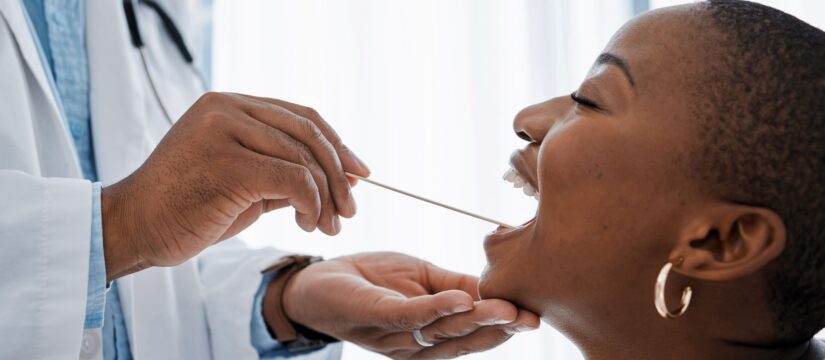
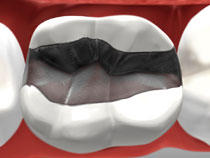
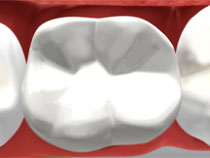
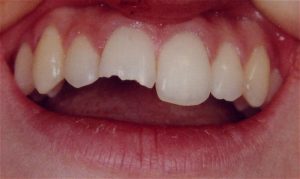
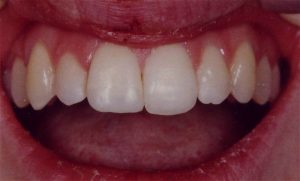
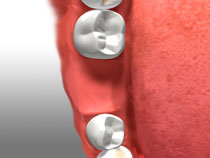
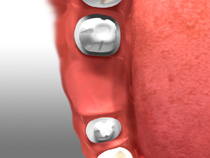
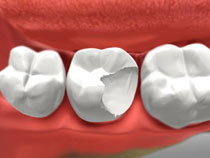
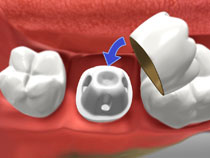
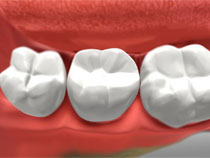
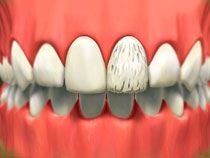
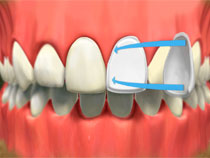
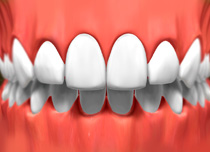
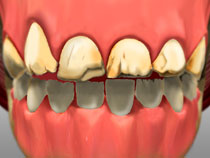
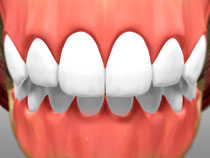
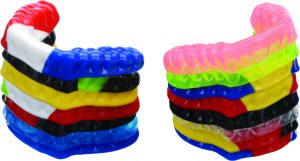
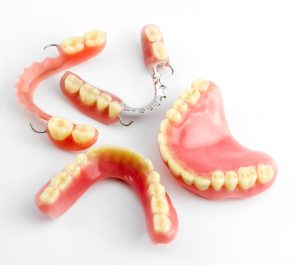 A denture is a removable dental appliance and a replacement for missing teeth and surrounding tissue. They are made to closely resemble your natural teeth and may even enhance your smile.
A denture is a removable dental appliance and a replacement for missing teeth and surrounding tissue. They are made to closely resemble your natural teeth and may even enhance your smile.